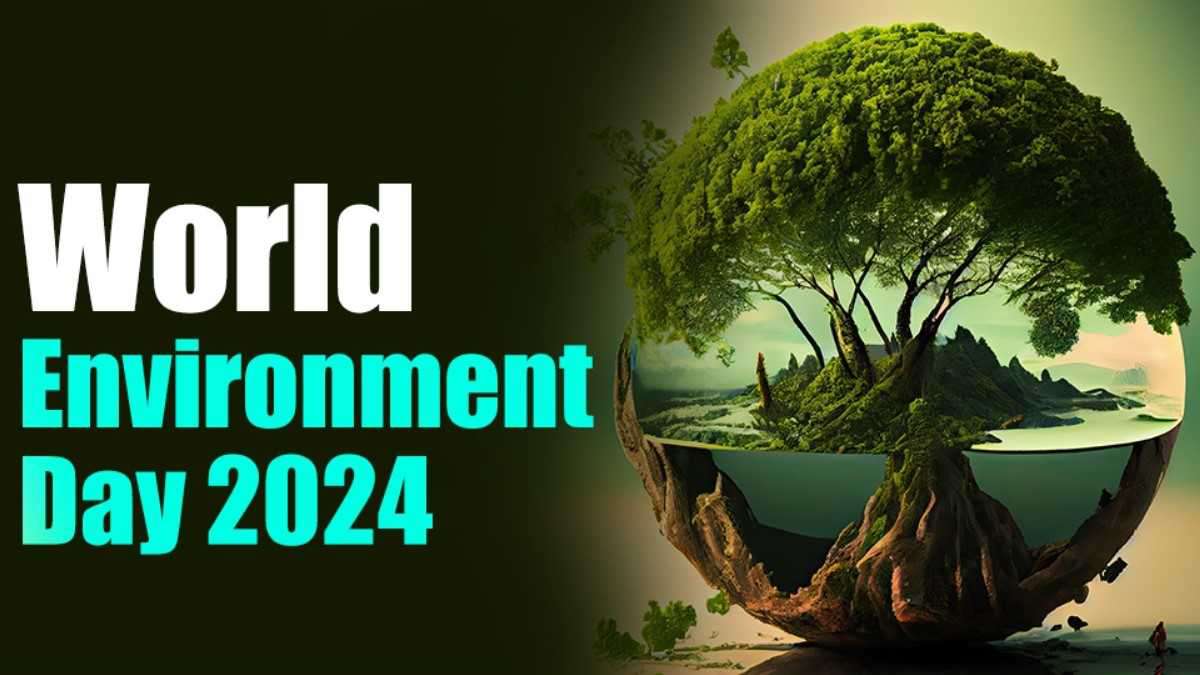Ever heard the saying that goes that the place we inhabit greatly determines how we think and how confident we are in our decision-making? That sounds a bit far-fetched, right?
Indeed the environment has a strong hold on our history. It serves as a timeline tracking where we’ve roamed, where we’ve lived, and, of course, where we’re headed. Thus it’s only essential that we protect a space we hold dear should be kept as serene as possible.
This might sound like wishful thinking, considering that the environment is already blighted with numerous threats from you, me and the rest of mankind. All of us. Isn’t it such an irony that we are causing damage to all of the beautiful things that nature has blessed us with?
Imagine this: Samantha, the owner of a thriving wood company, begins her day by breathing in the crisp morning air. As she relishes the taste of her morning coffee, she poses in front of the majestic tree standing tall in her backyard. This tree, adorned with beautiful flowers, serves as a picturesque backdrop for the photos she frequently posts on social media. That seems to be the only tree she cares about, for the glamour
Yet not many know that Samantha’s company, popular for its fine woodwork, sources its raw materials from felling trees.
There’s also Mustapha. A suave, tall figure with skin like buttermilk. He oozes class and confidence. At weekly soirées with friends, amidst the merriment and music, Mustapha casually throws waste arbitrarily on the floor, seemingly oblivious to the damage he inflicts. As an expert advocate for environmental preservation, whose job depends on articulating speech on climate change, Mustapha’s actions paint a contradictory picture, revealing a disparity between his words and deeds.
In the face of increasing temperatures and heatwaves, Samantha, Mustapha, and the rest of humanity cry foul. World Environment Day comes as a timely reminder of our collective responsibility to protect the Earth.
What’s the mark?
Since its first outing in 1973, the World Environment Day (June 5) has emerged as a campaign to promote awareness on, and encourage action against marine pollution, global warming, wildlife crime and other such ecological woes. It is
Each year, more than 143 countries take part in the public outreach, with support from many non-governmental organizations and government entities.
To galvanise individual action and state support against heavy hazards, each annual occasion is built around a theme. The WED for 2024 focuses on land restoration, desertification and drought resilience.
In recent years, the effects of climate change have become palpable in a rapidly changing world. Some of these are manifested in soaring heat waves, prolonged droughts, excessive flooding, decreased crop yields, and rising sea levels. Although these have taken a disastrous toll on parts of the world, man-made activities have only heightened the effects. The net effect of these wild climactic variations has been mass rural-urban migrations, bloody conflicts and myriad health troubles.
Yet there’s a silver lining. Individuals are ramping up support for the environment in creative ways. One such advocate is Jonathan Olakunle, popularly known as Spiderman,
Olakunle, who has a wealth of experience in environmental advocacy, continues to clean and encourage more Nigerians to join him in keeping the environment clean. For him, “WED is an important day that reminds me how far I have come in my journey as an environmental advocate. It is also a perfect day set aside for all Nigerians to remember they all have a key role in how a cleaner future will look.”
Where Mustapha and Samantha (fictional characters) tarnish the beauty of the earth, the likes of Olakunle strive to reverse these changes through their individual acts. This should be our priority too.
WED is more than just a celebration; it is a call to action for every inhabitant of our planet. It emphasises the interconnectedness of human activities and environmental health, urging us to adopt sustainable lifestyles and practices. As such, let us commit to making a positive difference in our communities and for our planet, ensuring a sustainable future for generations to come.
The places we inhabit significantly influence our thinking and decision-making, but our environment is under threat from human activities. Examples include Samantha, a wood company owner who appreciates nature yet contributes to deforestation, and Mustapha, an advocate for climate change who pollutes the environment. As environmental issues like rising temperatures and extreme weather become more severe, World Environment Day (WED) serves as a reminder of our collective responsibility to protect the Earth.
First observed in 1973, WED occurs on June 5 each year and promotes awareness and action against environmental issues such as marine pollution and global warming. It involves over 143 countries and themes like the 2024 focus on land restoration and drought resilience. An exemplary advocate is Jonathan Olakunle, known as Spiderman, who actively cleans and encourages environmental protection in Nigeria.
WED emphasizes the connection between human actions and environmental health, urging sustainable lifestyles. It highlights the importance of individual and collective efforts to ensure a sustainable future for generations to come, contrasting with the negative impact of people like Samantha and Mustapha.






